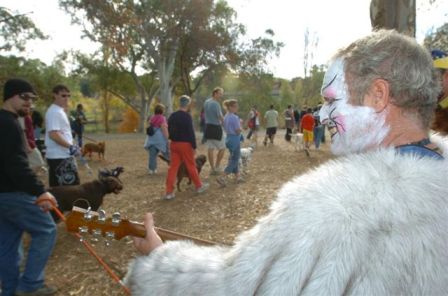
(This is taken from MSNBC)
Dr. Leonard Shlain, a San Francisco surgeon and author of “Sex, Time and Power: How Women’s Sexuality Shaped Human Evolution,” speculates that ovulation had to be concealed because women wised up and realized sex led to pregnancy, which led to childbirth, which often led to death for the woman. “Once women understood they could die as a result of having sex, why wouldn’t they abstain from sex?”
But if women did not know when they ovulated, they wouldn’t know when they had to abstain in order not to risk dying nine months later (a theory that assumes they had a choice about whether to have sex).
Why do women orgasm? Why do they have prominent breasts even when they aren’t nursing a baby? Why can’t people tell when a woman is ovulating? Why would anybody even ask these questions?
Dr. Leonard Shlain, a San Francisco surgeon and author of “Sex, Time and Power: How Women’s Sexuality Shaped Human Evolution,” speculates that ovulation had to be concealed because women wised up and realized sex led to pregnancy, which led to childbirth, which often led to death for the woman. “Once women understood they could die as a result of having sex, why wouldn’t they abstain from sex?”
But if women did not know when they ovulated, they wouldn’t know when they had to abstain in order not to risk dying nine months later (a theory that assumes they had a choice about whether to have sex).
Why do women orgasm? Why do they have prominent breasts even when they aren’t nursing a baby? Why can’t people tell when a woman is ovulating? Why would anybody even ask these questions?

Most people don’t, but evolutionary psychologists, biologists and anthropologists make a living doing so, and the possible answers give us some interesting clues to why we have sex the way we do today.
Men just don't seem to have the same number of unanswered questions about our biology. Male primates — male mammals in general — all have penises and testicles and sperm. We use them whenever we can. Unless we are sick or injured, we can make babies. And if anybody wants to know if we're interested, all they have to do is look to see if we're at attention To read more click here.





